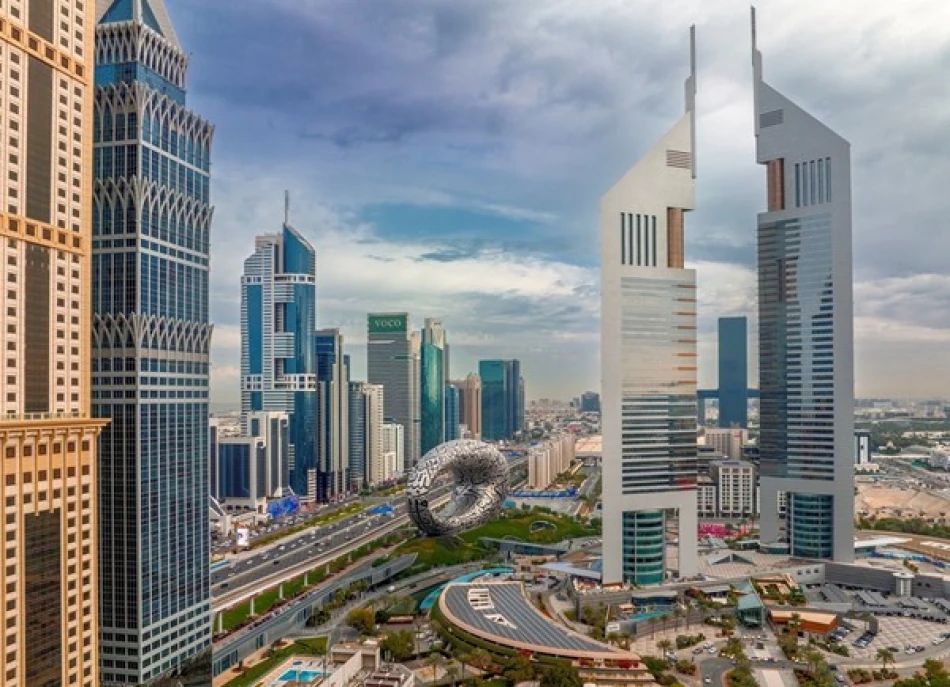
Dubai Launches Mainland Commercial License for Free Zone Companies, Boosting Business Opportunities
Dubai has launched a new permit system that allows free zone companies to operate directly in the mainland market for the first time. This marks a significant shift in how businesses can access Dubai's domestic economy, opening up billions of dollars worth of government contracts and local trade opportunities that were previously off-limits to free zone entities.
The Dubai Business Registration and Licensing Corporation, working with the Dubai Free Zones Council, rolled out this framework under Executive Council Decision No. 11 of 2025. Companies can now apply digitally through the "Invest in Dubai" platform for six-month permits costing 5,000 dirhams, renewable for the same fee and duration.
Here's what makes this interesting: over 10,000 free zone companies can now compete for government tenders and participate in local supply chains without setting up separate mainland entities. This was previously impossible under Dubai's business structure, which kept free zones and mainland operations strictly separate.
The numbers tell the story. Dubai expects activity between different regulatory authorities to jump 15-20% in the first year. For businesses, this means access to government contracts worth billions annually, plus the ability to tap into Dubai's domestic market while maintaining their free zone benefits.
But there are trade-offs. Companies using these permits must pay the UAE's 9% corporate tax on mainland revenues and keep separate financial records. They also need Dubai's Unified License to qualify, ensuring only established free zone entities can participate.
This move directly supports Dubai's D33 Economic Agenda, which aims to double the emirate's economy by 2033. By breaking down barriers between free zones and mainland operations, Dubai is creating a more integrated business environment that could attract additional international investment.
The permit system addresses a long-standing limitation for free zone companies. Previously, these businesses could only serve export markets or conduct limited activities with mainland entities. Now they can bid on infrastructure projects, supply local retailers, and participate fully in Dubai's domestic economy.
Small and medium enterprises, along with startups, stand to benefit most from this change. The digital application process and relatively low fees make it accessible for smaller players who couldn't justify the cost and complexity of establishing separate mainland operations.
Dr. Jumaa Al Matrooshi from the Dubai Free Zones Council emphasized that this creates a "world-class business ecosystem." The initiative reflects Dubai's broader strategy of regulatory innovation to maintain its position as a global business hub.
Companies can use existing employees at mainland locations without hiring new staff, reducing operational complexity. This flexibility could prove crucial for businesses looking to scale operations across Dubai's different economic zones without duplicating resources.
The six-month renewable structure gives companies flexibility to test mainland markets before committing to permanent expansion. For Dubai, it creates a new revenue stream while potentially increasing overall business activity across the emirate.
Most Viewed News

 Layla Al Mansoori
Layla Al Mansoori






